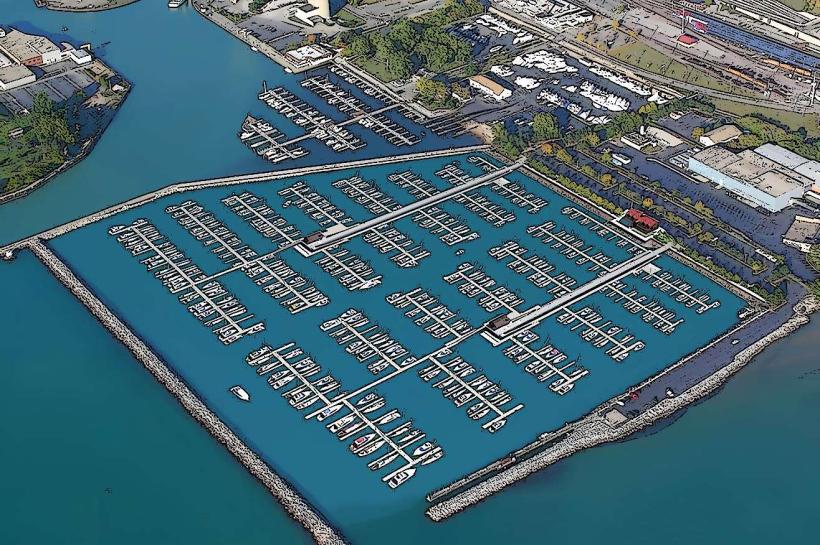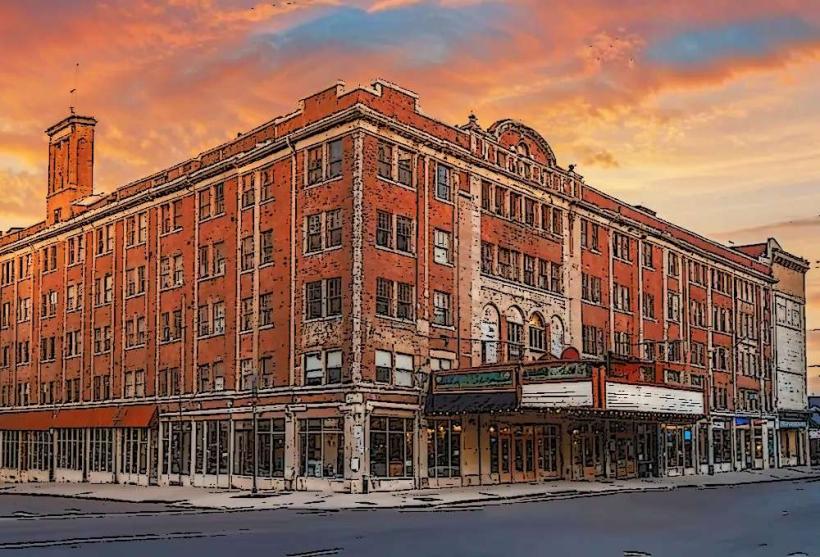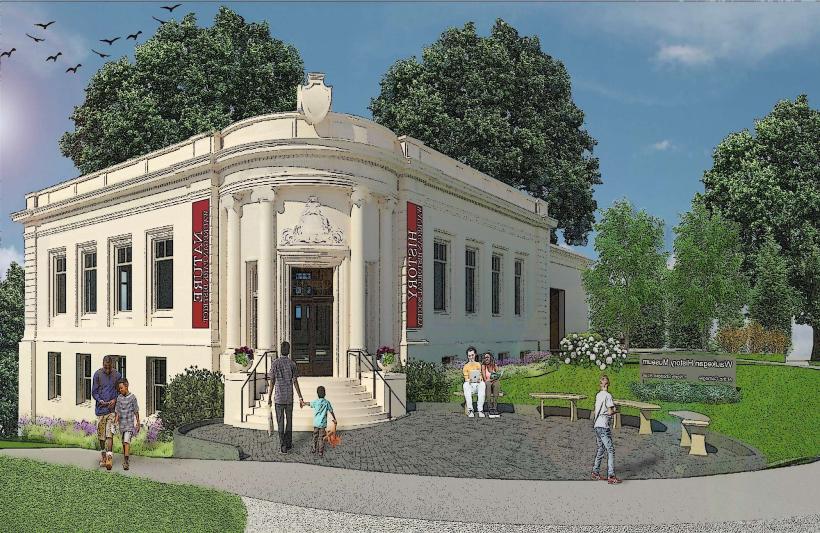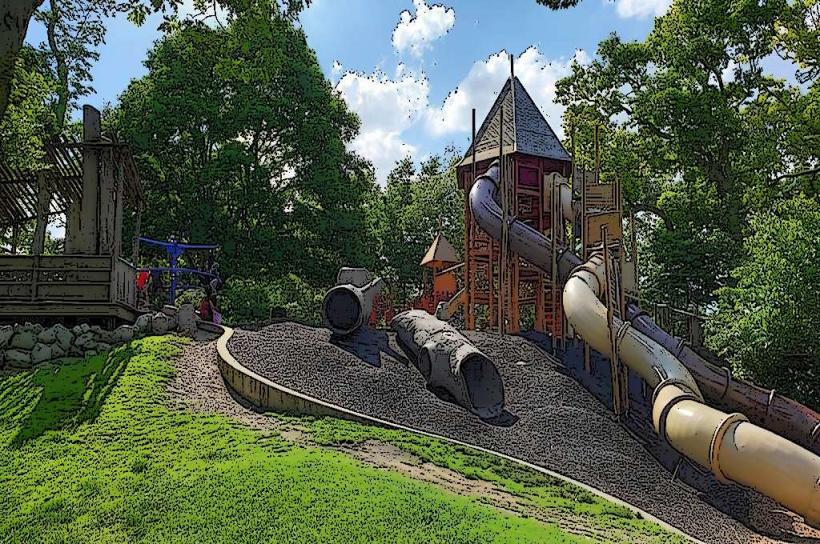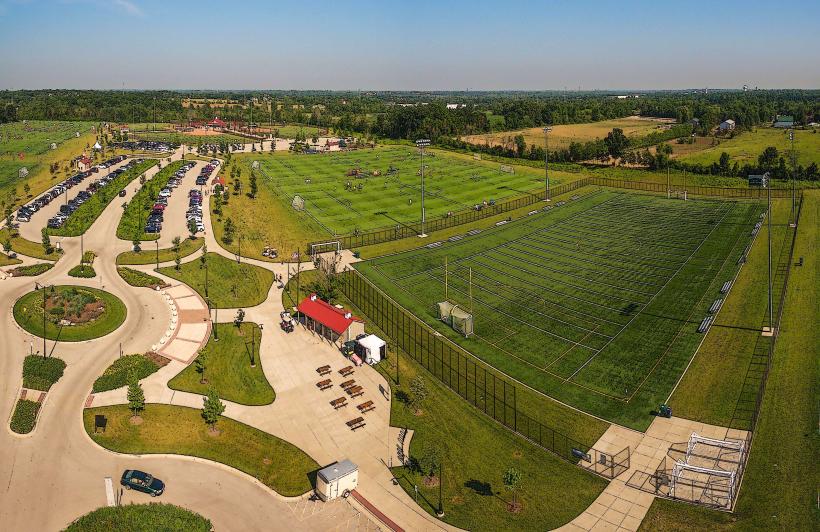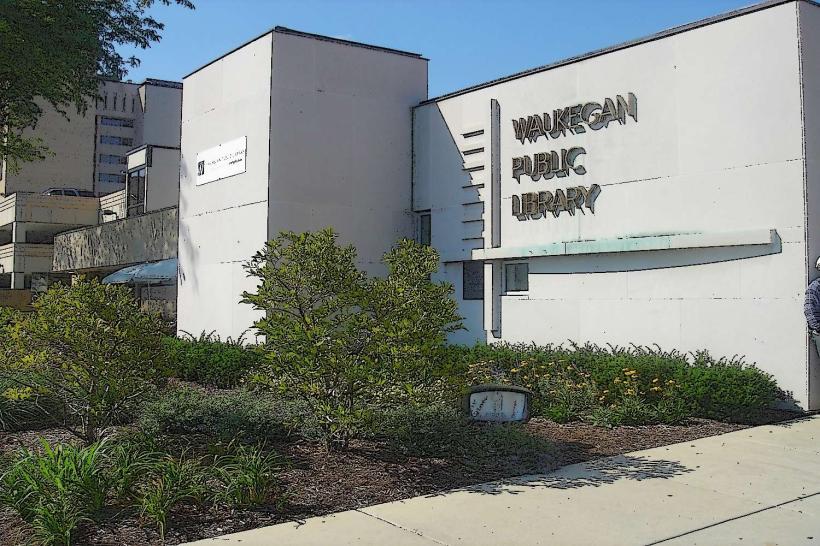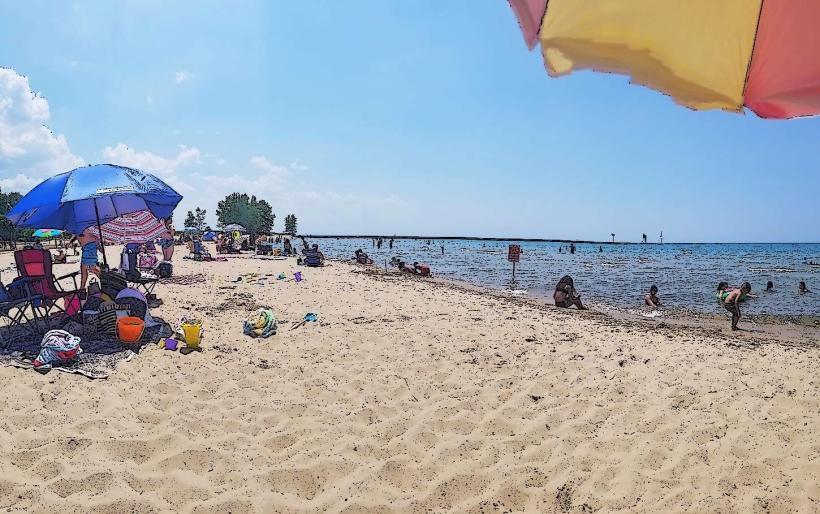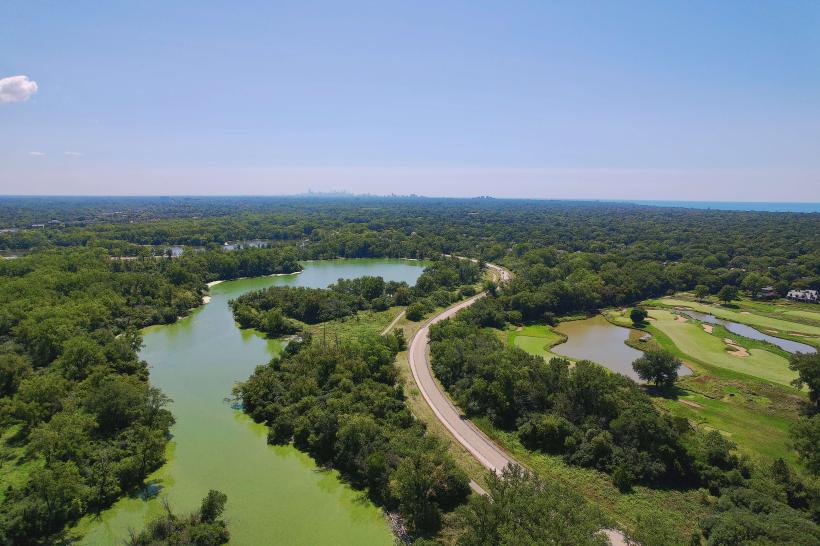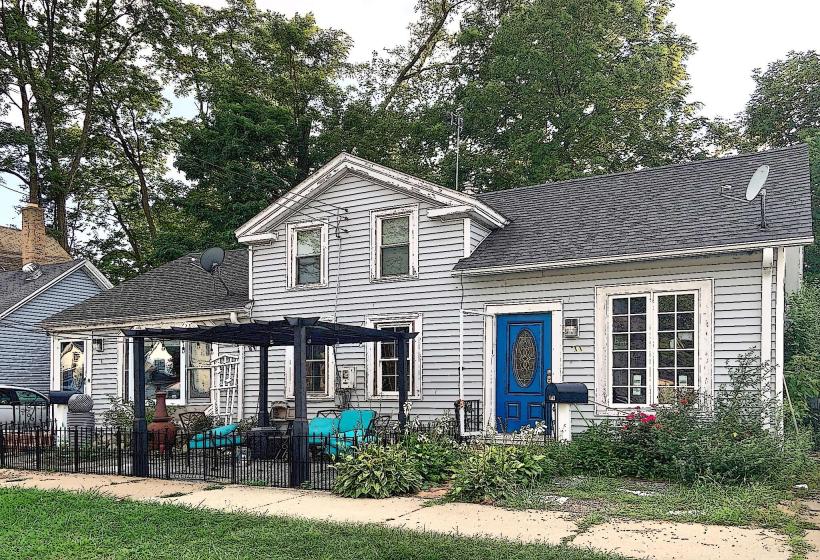Information
City: WaukeganCountry: USA Illinois
Continent: North America
Waukegan, USA Illinois, North America
Waukegan serves as the county seat of Lake County and is a major industrial and harbor city on the western shore of Lake Michigan. It is situated approximately 65 km north of Chicago and 80 km south of Milwaukee.
Historical Timeline
Waukegan was established as a French trading post known as "Little Fort" in the 18th century and incorporated under its current Potawatomi name in 1859. Primary governance eras include the 19th-century port expansion, the early 20th-century industrial peak-dominated by manufacturing companies like Johns-Manville and Outboard Marine Corporation-and the post-industrial transition. The city's urban form was significantly defined by its steep lakefront bluffs and the development of the harbor. The 1990s and early 2000s focused on environmental remediation and the revitalization of the historic Genesee Theatre.
Demographics & Population
The population within city limits is approximately 89,000. The demographics reflect a high level of diversity: Hispanic or Latino (55%), White (21%), and Black or African American (17%). The median age of the population is 31.8 years.
Urban Layout & Key Districts
The city is organized on a grid system that drops sharply toward the lakefront. Downtown Waukegan is the center for government, arts, and the Genesee Theatre. The Lakefront/Harbor area is the primary recreational and industrial zone. The North Side contains historic residential neighborhoods, while The West Side serves as the primary retail corridor near the Tri-State Tollway.
Top City Landmarks
Genesee Theatre
Waukegan Harbor and Marina
Ray Bradbury Park
Jack Benny Center for the Arts
Transportation Network
Movement within the city is serviced by the Pace bus system. Waukegan is a major stop on the Metra Union Pacific North line, providing commuter access to Chicago and Kenosha. Waukegan National Airport (UGN) serves general aviation and corporate travel. Ride-sharing via Uber and Lyft is highly active. Traffic density is moderate, peaking along Washington Street and the Amstutz Expressway.
Safety & "Red Zones"
The general safety level is moderate. Caution is advised at night in specific areas of the South Side and certain blocks immediately adjacent to the downtown transit hubs, which experience higher rates of property crime. Common scams are infrequent, usually involving unauthorized solicitors near the Waukegan Harbor or the Lake County Courthouse.
Digital & Financial Infrastructure
Internet speeds average 225 Mbps. Main mobile carriers are Verizon, AT&T, and T-Mobile. Card acceptance is universal in the city center. ATMs are ubiquitous in bank branches and convenience stores like 7-Eleven or Speedway.
Climate & Air Quality
Temperatures range from -9°C to 0°C in winter and 18°C to 28°C in summer. Air quality is generally moderate, though historic industrial activity has led to significant ongoing Superfund remediation projects along the lakefront. Specific weather risks include "lake effect" snow and high-velocity winds from Lake Michigan.
Culture & Social Norms
The standard tipping percentage is 18–20%. A handshake is the standard greeting. Dress codes are casual-utilitarian. Smoking is prohibited in all public indoor spaces. The city has a strong connection to the arts, honoring famous former residents like Ray Bradbury and Jack Benny.
Accommodation Zones
Belvidere Road (IL-120) / I-94: Recommended for proximity to national hotel chains, Six Flags Great America (nearby Gurnee), and highway access.
Downtown: Recommended for walking access to the Genesee Theatre and the Metra station.
Local Cost Index
1 Espresso: $4.25 (USD)
1 Standard Lunch: $16.00 (USD)
1 Metra Ticket (to Chicago): $7.50 (USD)
Nearby Day Trips
Six Flags Great America (10 km)
Illinois Beach State Park (10 km)
Gurnee Mills Mall (10 km)
Chicago (65 km)
Kenosha, WI (25 km)
Facts & Legends
Waukegan is the birthplace of legendary science fiction author Ray Bradbury; the city served as the inspiration for "Green Town" in his novels Dandelion Wine and Something Wicked This Way Comes. Historically, the city was a primary terminal for the "Underground Railroad" due to its harbor access and proximity to Canada. A local legend involves the "Waukegan Sea Monster," a series of reported sightings in the 1920s of a large, serpent-like creature in the waters of Lake Michigan near the municipal pier.

